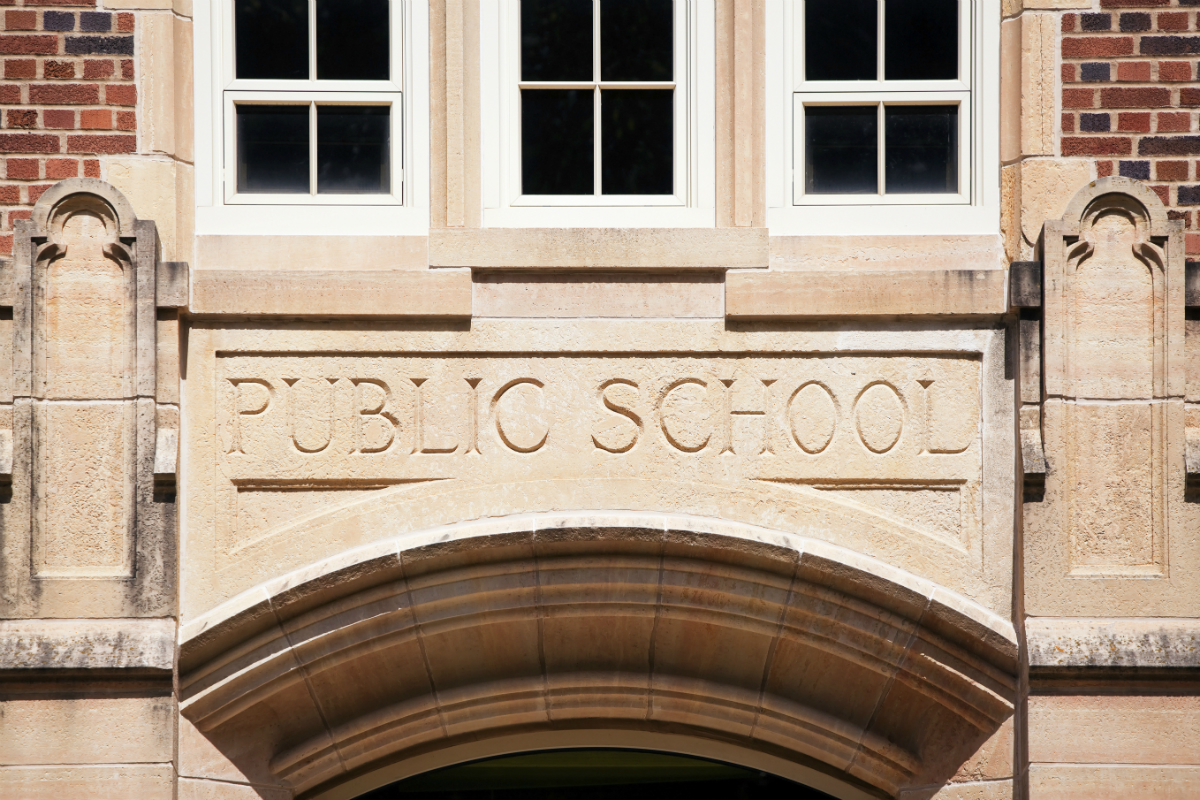The majority of adults who took part in a recent Public Policy Institute of California (PPIC) survey support the state in no longer requiring masks on school campuses and think that the states K-12 public education is heading in the right direction.
Statewide Survey: Californians and Education released April 28 by PPIC details the results of an online survey taken by 1,591 adult residents of California in five languages between March 30 and April 13, 2022. Of that group, 1,356 are registered voters. There were 424 parents in the group, 342 parents of school-aged children and 307 public school parents.
In addition to covering COVID-19 and K-12 education, respondents weighed in on a variety of additional topics including K-12 policy direction, local public schools, funding for public schools, teachers and early childhood education.
The student mask mandate for California students was lifted March 11 and survey results showed partisan agreement on this step by the majority of both adults and public school parents.
With the end of the 2021–22 academic year in sight, 54 percent of parents of school-age children and 53 percent of public school parents believed their youngest child hadn’t fallen behind academically throughout the pandemic. However, more than four in 10 parents did say their youngest child has fallen behind. Nineteen percent of parents of school-age children and 20 percent of public school parents said their youngest has fallen behind a lot compared to 25 percent of school-age parents and 26 percent of public school parents who said they have only fallen behind a little.
Latino parents were more likely than their white counterparts to indicate that their child has fallen behind at 52 percent versus 38 percent. Households where parents have higher education attainment and higher incomes were less likely to say their child had fallen behind academically than those who are did not graduate college and have lower incomes, according to the survey.
“A plurality of adults and public school parents say catching up academically will be the biggest challenge for public school students in the next year,” according to the survey. “Forty-seven percent of adults say catching up academically will be the biggest challenge for public school students in their community in the next school year; fewer say dealing with the social-emotional impacts of the pandemic (33 percent) or readjusting to regular school schedules and routines (18 percent) will be the biggest challenge. Public school parents are more divided on this question (45 percent catching up, 40 percent social/emotional impacts, 14 percent schedules).”
While Democrats are almost equally believe that academics and social emotional impacts will be the biggest challenge for public school students in the next year, most Republicans and Independents said it would be catching up academically.
“Four in ten or more across the state’s major regions and demographic groups say catching up academically will be the biggest challenge,” the survey found. “The share saying catching up academically will be the biggest challenge is much higher among homeowners (53 percent) than among renters (40 percent).”
Other key findings
- The majority of respondents feel teacher salaries are too low and roughly half view teacher shortages as a big issue. The majority also think preschool is important and are in support of state-level funding for preschool programs.
- The majority of both adults and public school parents thought their local public schools were doing an excellent or good job preparing students for entering college or the workforce. Roughly half of adults and public school parents did not think current resource levels for lower-income students are enough.
- Ranking the quality of public schools in their neighborhood with a grade, six in 10 public school parents and half of adults gave an A or B grade.
- Gavin Newsom’s handling of public K-12 education received approval by the majority of respondents though there is a belief that the quality of public education has declined in recent years. By region, the Governor’s approach to K-12 education is higher in coastal areas compared to inland areas, the survey found.
- Overall, 57 percent of adults and 70 percent of public school parents felt California’s K-12 public education system is going in the right direction.
A recording of a webinar on the survey’s results is available to view here.





